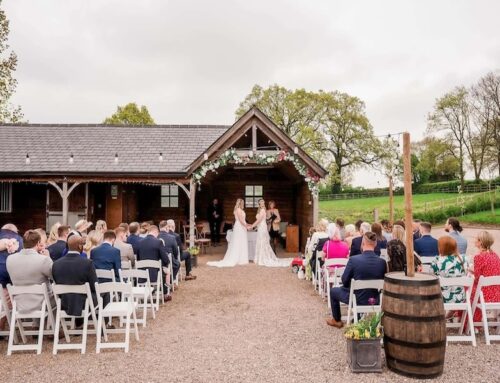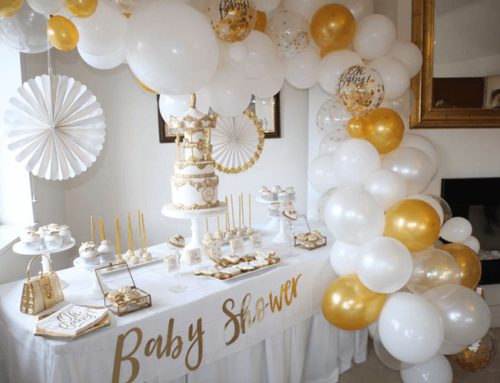What are naming ceremonies?
Naming ceremonies are a chance to celebrate your new addition to the family, a celebration of family and life. It is a wonderful way for your family to celebrate the birth of your child or children, to officially name them and to share the dreams and aspirations for your child’s future. It can also be a chance to welcome new step-children or an adopted child into the family, and for families and communities to come together to unite and bond.
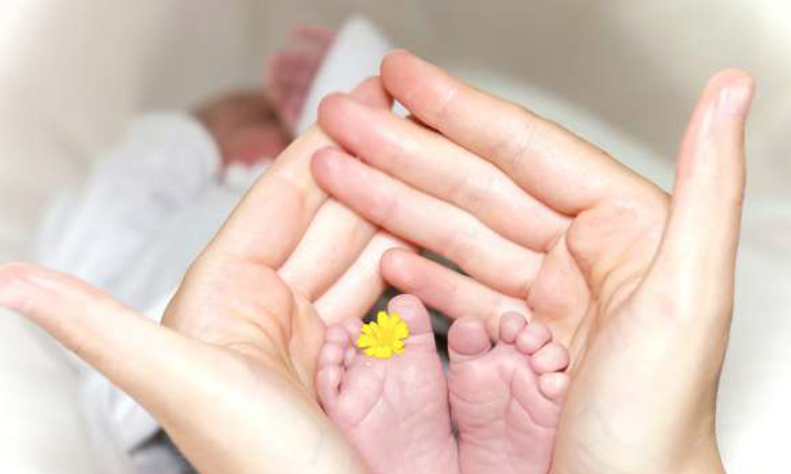

What happens during a naming ceremony?
The Naming Ceremony is a personalised and meaningful ceremony, written from scratch with your chosen Celebrant, who will get to know you and write a bespoke ceremony to deliver on the day of your choosing. It will include officially naming your child and declarations of promises and commitments from parents, guide parents and other significant members of the family.
Some like to personalise the ceremony with readings and poems or include symbolic elements such as lighting candles or planting trees.
The family then usually hold a celebration after the ceremony at the same location.
Here is an example of how a naming ceremony might be organised, but you are not restricted to this, and can include other elements if you wish!
Outline of a humanist naming ceremony
- Introductions and welcomes
- Reading or poem
- Information about the child – their arrival, personality, interests so far
- Words about the importance and responsibility of parenting
- Parental promises to the child
- Reading or poem
- Importance of wider family (e.g. grandparents, cousins, etc.)
- Appointment of guideparents
- Guideparents’ promises
- Reasons for the choice of name
- The naming itself (various forms are possible)
- Concluding words
How do naming ceremonies differ from a christening?
Naming Ceremonies are usually not held in a church and have the option to include or not include religious content. They are also not officiated by a priest or member of the clergy. A Christening is about the beginning of a journey of ‘faith’ and usually requires the family to belong to their local Church. ‘Godparents’ also must already be christened to qualify to become one.
Although a Naming Ceremony is not subject to religious or spiritual matters in its origin, it is entirely the personal choice of the parents as to whether any religious content, is included at any point.
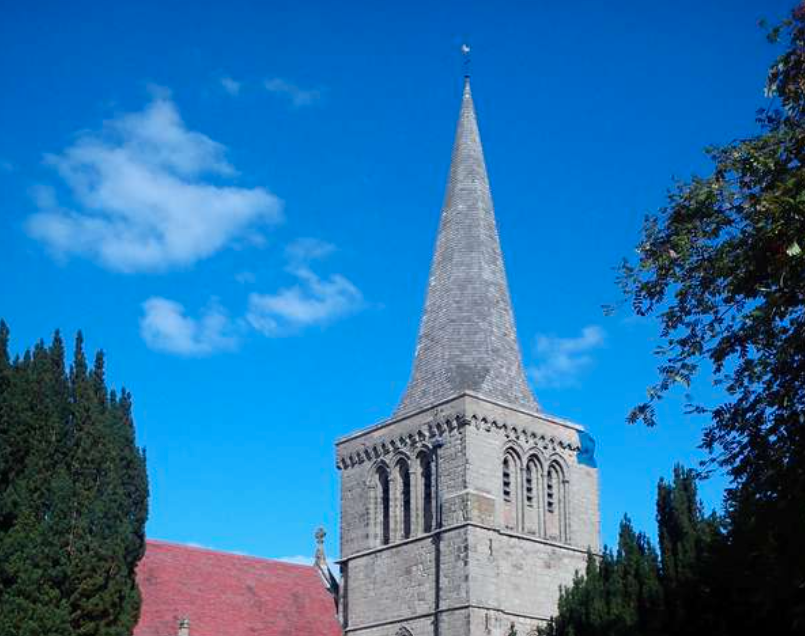
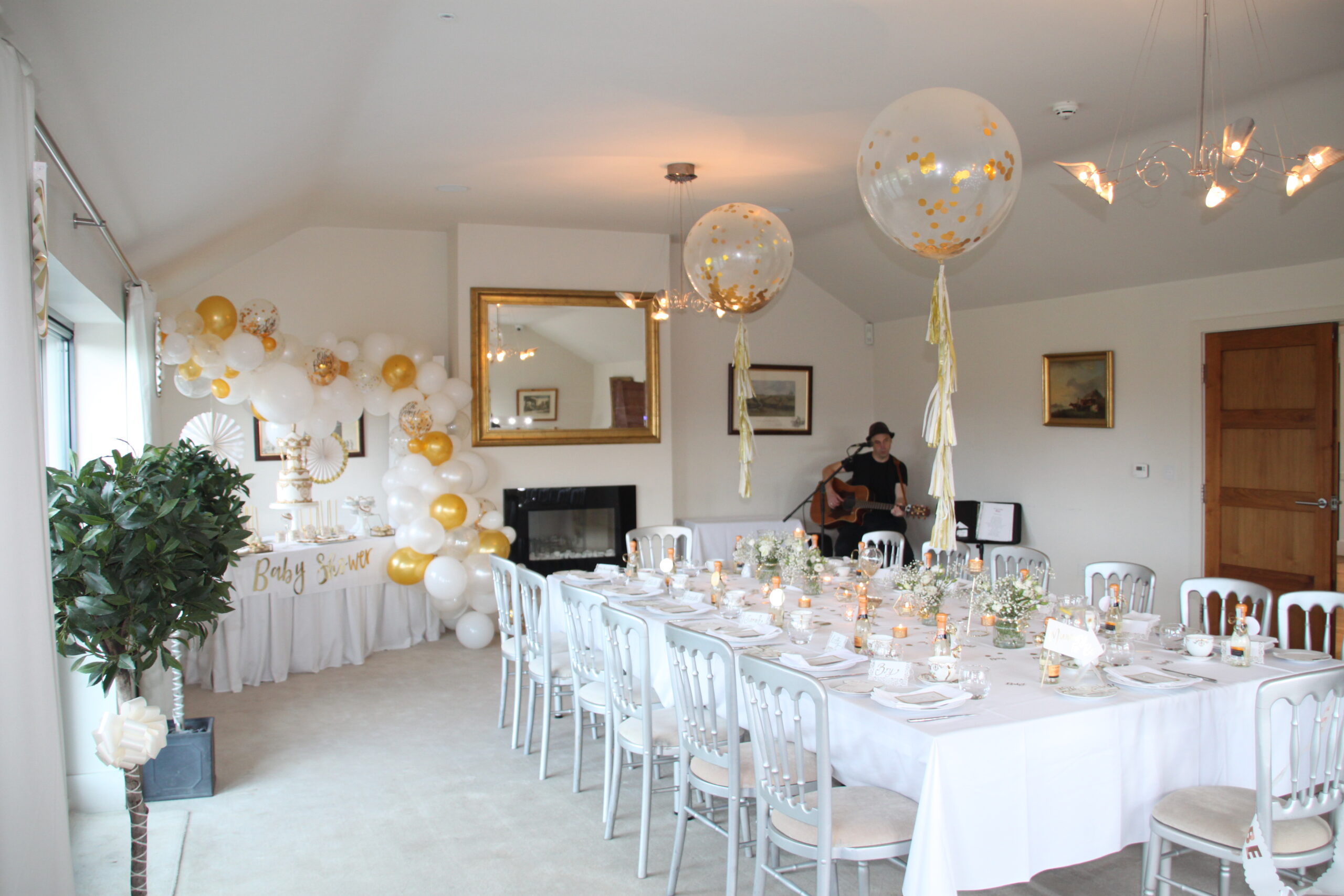
What is the celebrant role in a naming ceremony?
Celebrants can help you by guiding you through what can be involved in the ceremony, how they recommend it can run smoothly, and also with some ideas you may not have considered.
Many Celebrants will offer home consultations so you get to meet them before the ceremony. Throughout the process, your chosen Celebrant will discuss the options to personalise the ceremony and will get to know you so they can tailor a service to suit your family ready to be officiated on the day.
Follow the link below to read all about a real life, celebrant-led naming ceremony, that incorporated a rainbow sand ceremony.
Coming of Age ceremonies
Coming of age ceremonies have played a vital role in all cultures throughout history. For young adults, coming of age ceremonies celebrate their rite of passage into adulthood and are frequently held during early teen years as secular Bah mitzvah, sweet sixteen, graduation or a marking of a major achievement in the young adults life.
A Celebrant will create, along with the young adult, a dignified and fun ceremony that will pay tribute to this significant life transitional stage in a genuine way. The ceremony will reflect the personality and ideals of the honouree and pay tribute to their lives and the special people that have been an inspiration and guide to them, such as: family, friends and mentors. All in all, a Coming of Age ceremony will be an authentic and meaningful occasion that the youngster and their community will remember for years to come.




